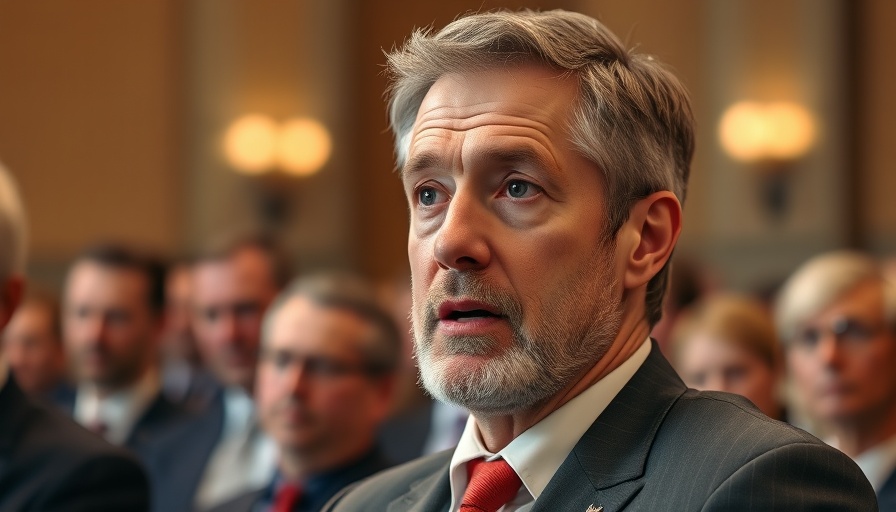
The Emergence of SB 53: A Focus on AI Safety and Ethical Accountability
California’s state Senator Scott Wiener is back on the legislative front with a new bill aimed at addressing the serious concerns surrounding artificial intelligence (AI) development—the SB 53. Building upon the controversial SB 1047, which faced criticism and a veto from Governor Gavin Newsom, SB 53 seeks to provide employees at AI organizations with the protections they need to voice concerns about the possible dangers of AI systems. The senator’s latest proposal includes essential measures such as whistleblower safeguards and the establishment of a public cloud computing cluster referred to as CalCompute.
An Overview of Whistleblower Protections
One of the standout provisions of SB 53 is its commitment to protecting whistleblowers in the AI industry. This legislation allows employees who suspect that their companies’ AI projects could pose a “critical risk” to society to communicate concerns without fear of retaliation. 'Critical risk' is defined broadly under the bill, involving scenarios that could lead to significant loss of life or extensive property damage. This aspect of the bill highlights a crucial intersection between ethical responsibility and technological advancement, emphasizing that while innovation is vital, it should not come at the cost of public safety.
CalCompute: Democratizing AI Resources
Additionally, the proposed CalCompute cloud computing cluster represents a significant step towards democratizing access to essential computing resources for AI research. By offering low-cost computational power, CalCompute aims to support startups and academic institutions in developing AI solutions that genuinely benefit society. As noted in previous discussions around AI's future, equitable access to advanced resources is crucial in fostering a more inclusive environment for innovation across diverse sectors, including healthcare.
Legislative Context and Resistance from Silicon Valley
Following the defeat of SB 1047, the response from Silicon Valley was mixed, with some leaders arguing that stringent regulations could stifle innovation. They contended that the fears underlying the proposed regulations were exaggerated, rooted in a misunderstanding of AI technologies’ actual capabilities. Senator Wiener, however, is emphasizing the necessity of legislation that accounts for both innovation and potential risk, demonstrating a commitment to proactive policymaking in an industry that is often perceived as a Wild West.
Implications for Healthcare and Other Sectors
The impact of SB 53 extends beyond the AI industry itself and into critical areas such as healthcare. As AI technology becomes more prevalent in diagnostic tools, treatment planning, and patient monitoring systems, the safety and efficacy of these technologies are paramount. Healthcare IT professionals and administrators must advocate for the principles embedded in SB 53, as they could directly influence the integrity of the AI tools employed within healthcare settings.
Looking Ahead: The Future of AI Legislation
As SB 53 moves through the legislative process, stakeholders await its implications on AI safety policies across the nation. Legislators seem committed to updating and refining the bill, potentially incorporating findings from an AI working group established after the veto of SB 1047. The evolving landscape of AI regulation in California could serve as a model for other states, influencing how we balance innovation with necessary safeguards.
With the introduction of SB 53, California positions itself at the forefront of the dialogue around ethical AI development. The ongoing discussions and potential outcomes could shape the future of AI technology across various sectors, including healthcare, emphasizing that regulatory measures can coexist with innovation.
 Add Row
Add Row  Add
Add 




Write A Comment